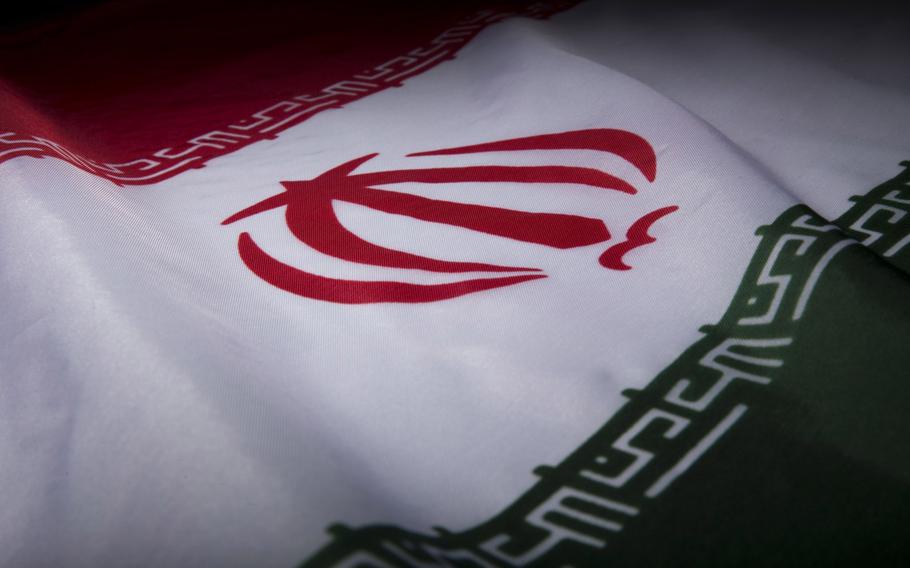On July 1, tens of thousands of Iranians and their international supporters are expected to converge on Paris from all across the world. There, they will stage demonstrations criticizing traditional Western policies toward the Iranian regime and expressing solidarity with the ongoing Iranian protest movement. There continue to be tons of videos and pictures emerging on social media platforms, showing that last year’s nationwide uprising could expand.
In roughly the last three months of 2022, Iranian authorities killed more than 750 protesters in the streets of various cities and in the regime’s detention centers. The killings drew immediate international condemnation. However, verbal criticism of the regime was never backed up with serious action from Western governments, and so there has been much speculation about the regime merely biding its time until the public attention drifts elsewhere.
Evidence in favor of this idea came last month when the regime’s judiciary hanged three men for the vague charge of “enmity against God,” thereby nearly doubling the total number of prisoners who have been executed for their participation in last year’s uprising. Many other activists remain either in indefinite detention or subject to arbitrary re-arrest, and could face capital sentences of their own. Those sentences appear all the more likely in view of the fact that the overall rate of executions in the regime has skyrocketed over the past several months, with 140 being carried out in May alone.
The United Nations Human Rights Council, along with various prominent advocacy groups, has correctly identified this wave of executions as part of a strategy to intimidate the public in the wake of last year’s uprising. But as with the initial crackdown on that movement, there has been little in the way of concrete action to hold regime authorities accountable. Last month’s three political executions can be seen as a test of the global response. More tests are sure to follow whenever the regime has reason to believe attention is waning.
Next month’s opposition gathering will serve, in part, to help prevent this from happening. Apart from simply offering their own condemnations of the latest surge and the regime’s underlying status as the world’s foremost execution state, the event’s organizers are promoting specific actions that Western governments and international organizations might take to discourage such killings in the future. These include measures to investigate sitting Iranian officials for crimes against humanity, including not only their latest crackdown on dissent but also unresolved past incidents like the massacre of 30,000 political prisoners in 1988 — a crime in which current President Ebrahim Raisi played a leading role.
Of course, the Iranian people have not limited themselves to the issue of mass executions in offering policy recommendations for Western governments. The Paris rally can also be expected to provide an outlet for calls to action regarding the regime’s support for global terrorism and its use of hostage-taking as a form of statecraft. Indeed, organizations like the National Council of Resistance of Iran (NCRI) have seriously criticized the international community for incentivizing these activities in the past, via prisoner swaps and other concessions.
These criticisms have greatly intensified in the roughly three weeks since Belgian authorities released an Iranian diplomat-cum-terrorist who attempted to oversee the bombing of another expatriate rally near Paris in 2018. Assadollah Assadi was eventually sentenced to 20 years in prison for conspiring to commit terrorist murder, but soon thereafter, Iranian authorities took a Belgian aid worker into custody on trumped-up espionage charges and began negotiating a treaty to allow for the “transfer of sentenced persons” between the two countries.
The treaty was put to use after overcoming legal challenges from Assadi’s would-be victims, but of course this has not silenced the accusation that Brussels has made all of Europe appear weak before the Iranian regime, and open to compromise over the most fundamental issues of human rights and global security. To opponents of the Iranian regime, this effect is made all the more disappointing by the fact that it comes so close on the heels of the greatest domestic challenge to the clerical regime, and so soon after European and British lawmakers expressed overwhelming support for assertive measures long endorsed by the NCRI, including designation of the Islamic Revolutionary Guard Corps (IRGC) as a terrorist organization.
To those lawmakers’ credit, many have reiterated their endorsement of these measures even as Western policies have seemingly trended in the other direction. Additionally, more than 100 former government leaders from the U.S., Britain, the European Union and Latin America signed a letter last month calling for the IRGC’s terrorist designation, coordinated opposition to Iran’s hostage-taking and provocations, and a commitment to “stand with the Iranian people in their quest for change.”
The same letter expressed endorsement for the NCRI, its President-elect Maryam Rajavi, and her 10-point plan for Iran’s future as a secular, democratic nation governed by the rule of law and far removed from the belligerent terrorist and nuclear policies of the existing regime. That plan represents the hope that last year’s uprising brought to the Iranian people — a hope that the resistance movement intends to promote on July 1. The international community would be well-advised to listen to that message, and support the Iranian people’s ongoing uprising for democracy.
R. Bruce McColm is president of the Institute for Democratic Strategies and former executive director of Freedom House.

The Iranian flag. (Scott Eells/Bloomberg)